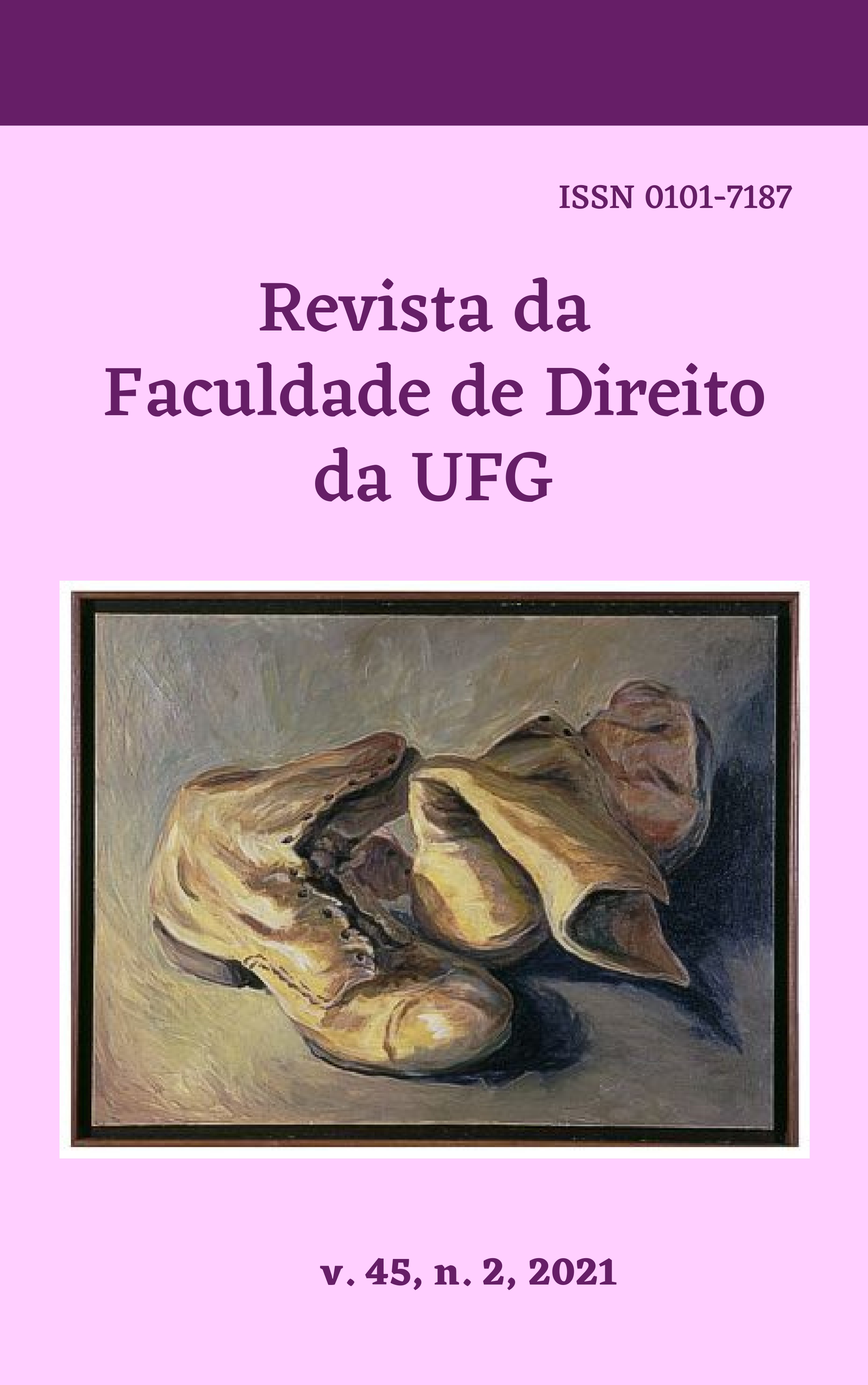Fake-news e salute tra interesse collettivo e pretese individuali. Il calo vaccinale e la la legge n. 119/2017 in Italia
DOI:
https://doi.org/10.5216/rfd.v45i2.68397Keywords:
direito à saúde, vacinas, liberdade de consciência, informaçãoAbstract
In what cases and to what extent should the individual’s right to self-determination in the therapeutic sphere be limited, so that the broader right to health (conceived as a collective good) could be guaranteed? And how to balance right to health and freedom of information? These issues are analyzed by observing what appened in Italy in 2017: due to a vaccination drop, were reintroduced some mandatory vaccines for children (through Law 119/2017). The many
problems involved (freedom of thought as foundation of freedom of
choice, the relationship between individual autonomy and state action,
the role of the media in communication, among others) are addressed using the tools provided by Social systems theory. From a methodological point of view, this theory provide a framework in order to analyze the socio-legal bibliography and the news reports, in an attempt to provide a key to the interpretation of the existing conflicts between media, public opinion, political system and science. The working hypothesis is that
health can be effectively protected only if it is conceived as a collective
good, which the State tries to guarantee by limiting the possibilities of making claims (mainly individual). The main conclusion is that the Italian case would represent a concrete example of this option.
Downloads
Downloads
Published
How to Cite
Issue
Section
License
Os Autores que publicam nesta revista concedem à Revista da Faculdade de Direito da UFG uma licença mundial, sem royalties, sujeita aos termos e condições da Licença Jurídica Creative Commons Atribuição 3.0 Brasil Creative Commons Attribution License
Os autores concedem à RFD UFG todos os direitos autorais sobre os artigos nela publicados, que os mantêm com exclusividade até o advento de domínio público sobre os mesmos.
























